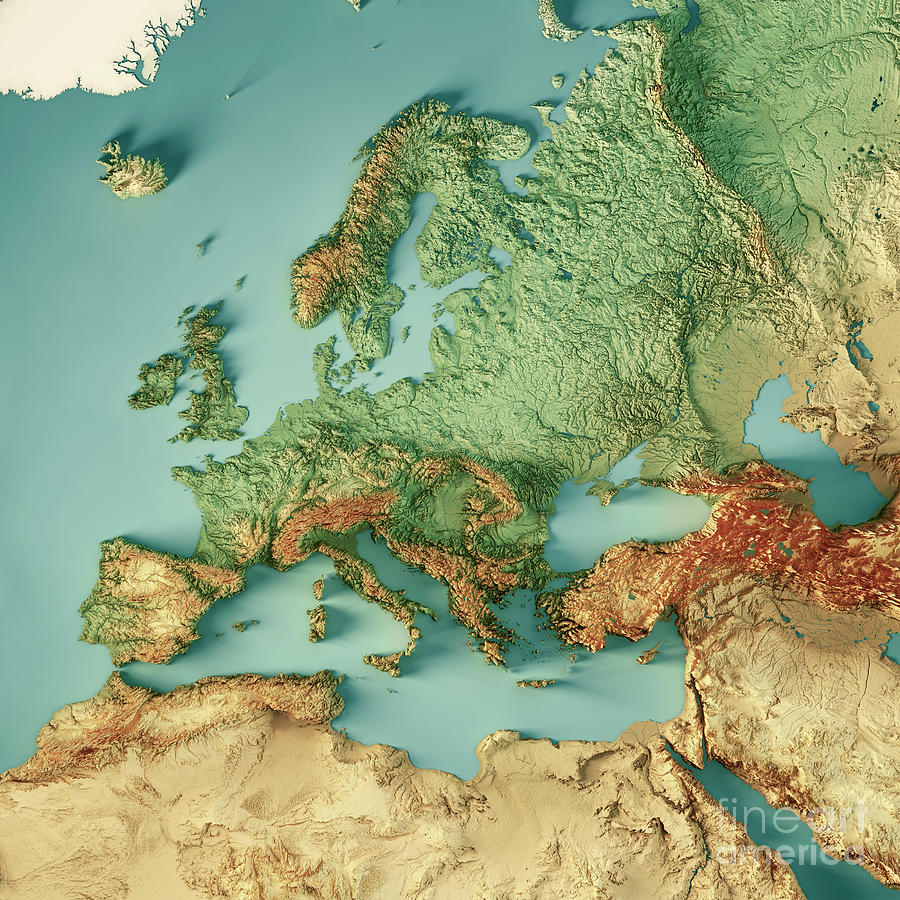OK, the EU is more like chaotic good.
It’s not a federation.
No universal minimal wage, so we have “rich” and “poor” countries.
It’s isn’t a socialist state, more like neoliberal.But we have good-ish regulations. Often delayed.
No universal minimal wage
I think Inxtx meant that there is no numeric value because it depends on the country. Which would be the “chaotic good”. Meaning it’s chaotic but for a good cause.
The link you posted even says that it’s a framework for fair minimum wages within the member countries themselves.
Ah, right!
i wouldnt want it to be a socialist state either
Nestlé is European
Shell
Nestle is currently lobbying the Commission to not dilute the supply chain act. Yes, I also had to do a double take when first reading that.
Which goes against the lobbying of associations of smaller companies whom, largely, the thing doesn’t even (yet) apply to because they’re not big enough.
Not really defending them they’re all too big to exist but their business interests do seem to be aligned with doing the right thing, for once. Tough to sell stuff to Africa when you’re accused of slavery and I bet they’re sick and tired of lawsuits, those will be much easier to defend against when they have extensive reporting, protocols of inspections, etc. Also the profit they’re making off slavery is probably marginal anyway, the local slavers are going to sell to Nestle etc. for marginally below non-slavery costs and pocket the difference.
Token gestures mean nothing when every other action is utterly horrible.
It’s more than a token. I guess they could just be reading the room, “the Commission isn’t going to dilute things anyway” and go for brownie points but in the end they’re bound to the new regulations, and that’s the important thing.
This is why we have the EU.
For context, the EU has lots of competency in labor law. It’s a protection against dumping since free movement was introduced in the 1980s. There is the Charter of the Fundamental Social Rights 1989 and then a bunch of directives. Any EU directive automatically takes priority over national law.
Some examples of well-known directives:
The Safety and Health at Work Directive 1989 requires basic requirements to prevent and insure against workplace risks, with employee consultation and participation,[18] and this is complemented by specialised Directives
The Working Time Directive 2003 requires a minimum of 4 weeks (totalling 28 days) paid holidays each year,[14] a minimum of 20-minute paid rest breaks for 6-hour work shifts, limits on night work or time spent on dangerous work,[15] and a maximum 48-hour working week unless a worker individually consents.[16]
The Parental Leave Directive 2019 creates a bare minimum of four months of parental leave
IMO any foreign companies are welcome to do business if they respect the law.






